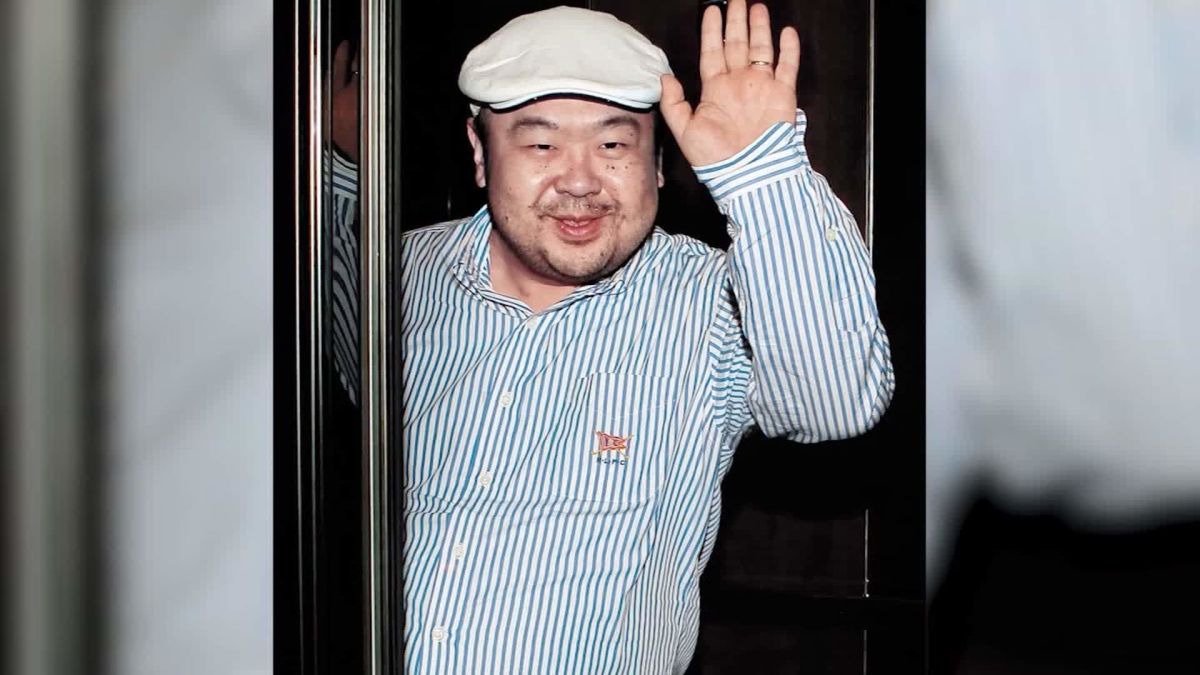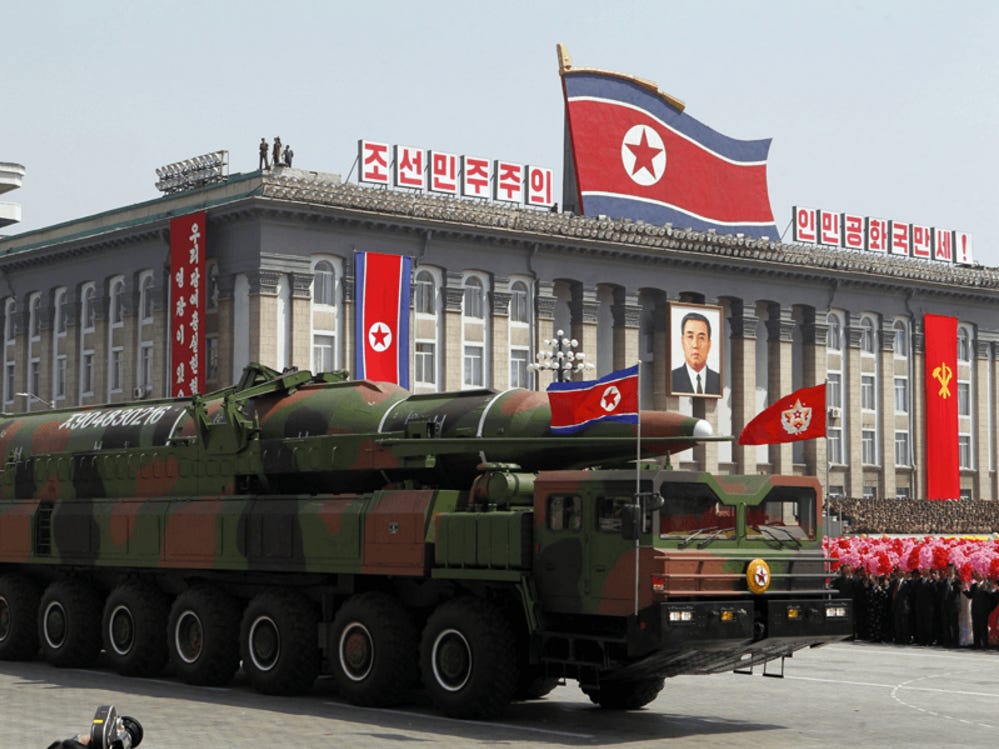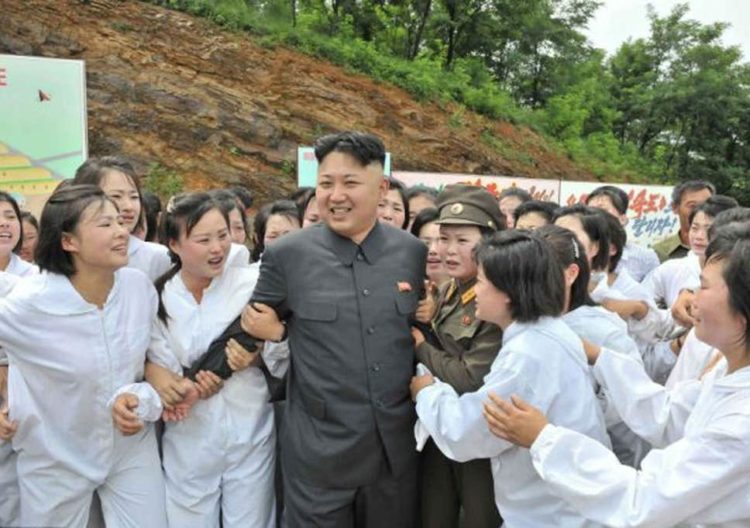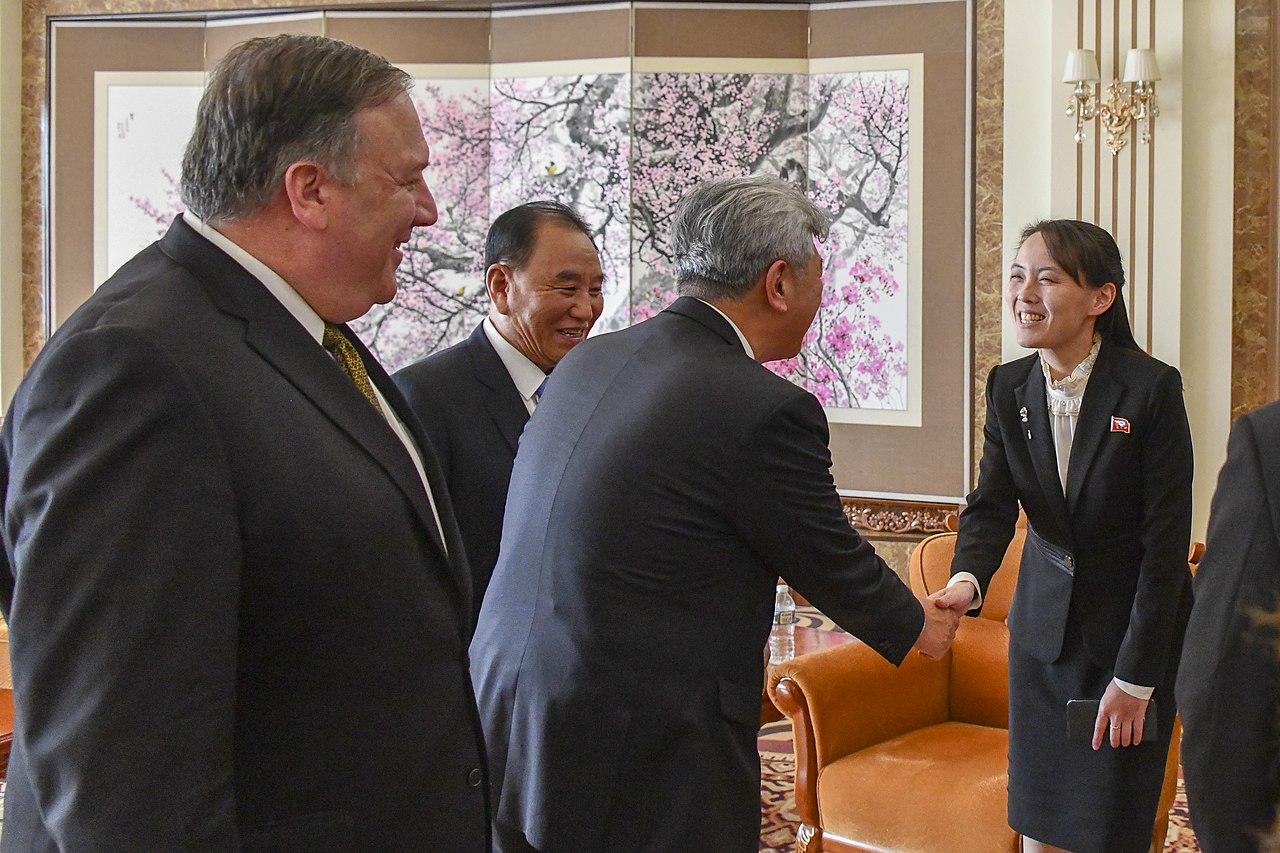Kim Jong Nam and his family were exiled from North Korea, and he was later assassinated in the Kuala Lumpur International Airport in Malaysia. The killers, which were two young women who claimed they thought they were filming a reality show, used a difficult to procure nerve agent called VX to kill the man, and the ensuing investigation implicated North Korea’s ruler, Kim Jong Un. So, while Kim Jong Nam has a son that could potentially have a claim to North Korean rule, it’s extremely unlikely that he’d ever be allowed to pursue it.

Over the years, Kim Jong Un has ordered the execution of a number of long-standing government officials and trusted advisors that dated back into his father’s rule. Many contend that, like Kim Jong Nam, many North Koreans respected these individuals, which often led to execution or assassination in order for Kim to secure his position atop the North Korean government. It is possible that a senior military official or governmental leader could assume control over the nation if Kim were to die, but that’s unlikely, as the Kim dynasty plays an integral role in North Korea’s governmental culture.
In all likelihood then, Kim Jong Un’s sister, Kim Yo Jong, seems like the most likely heir, though it does not appear that any formal announcement indicating as much has been made within North Korea.
Would things be better with Kim out of the way?
Unfortunately, that’s hard to say. Kim Jong Un has garnered a great deal of global attention thanks to his fiercely anti-American agenda, in fact, one could contend that Kim has consolidated his power and influence within North Korea, in part, through painting America as the source of all his people’s woes — but the truth is, Kim may be a more reasonable leader than whoever fills that role next.
Kim has indeed continued the pursuit of nuclear weapons and the delivery systems by which North Korea can leverage them, but for all the bluster, Kim has managed to walk the line between acting aggressive and being aggressive. Kim acts aggressively toward the United States frequently, but it’s important to note that Kim clearly doesn’t desire open war with the United States, no matter how much he might threaten.
A Kim disciple may not have the same knack for self-preservation, and a North Korean government that took to being overtly aggressive toward America and its allies would likely lead to kinetic intervention, and potentially even open war.
However, there remains the chance that Kim’s successor, whoever he or she may be, might favor some degree of reform like Kim Jong Nam did. In fact, some sources within North Korea indicate that many citizens have lost some degree of faith in the divine power of the Kim dynasty, and many may even be willing to support a more open initiative.
What is the U.S. doing to mitigate the threat from North Korea?
The United States and North Korea have been diplomatic (and even military) opponents for decades, but in recent years, the threat posed by North Korea has become significantly more serious.
In October of 2006, North Korea tested its first nuclear weapon. In 2015, they announced that they had developed the ability to “miniaturize” nuclear weapons sufficiently to house them within a missile or bomb. A year later, they tested their first “hydrogen bomb” or thermonuclear weapon. This style of a nuclear weapon is significantly more powerful than the atom-bomb-esque weapons they had previously developed.

In the years since, North Korea has conducted repeated long-range ballistic missile tests that indicated that the nation would soon develop the capability to strike targets on the mainland United States. Although North Korea’s tests suggested that their re-entry vehicle remains lacking (suggesting they likely wouldn’t be able to actually strike targets at great distances), Kim’s efforts paid off when North Korea and the United States entered into talks aimed at doing away with their nuclear program.
However, to date, little progress has been made toward the denuclearization of the Korean Peninsula, and North Korea maintains a massive number of hardened artillery installations within range of Seoul, South Korea’s capital — in other words, North Korean threats, both nuclear and conventional, still carry a reasonable degree of validity. As a result, the United States and much of the international community maintains tight economic sanctions over North Korea, which seem to be paying off.
North Korean troops have begun defecting at higher rates than ever, with some even being shot during their escapes. The condition of these deserters, many of whom belong to elite North Korean border units that often receive the best rations and supplies, paints a dire picture of North Korean life. Nothing but hardened corn kernels and large parasitic worms were found in the stomach of one such deserter during a life-saving surgery he underwent in South Korea after being shot multiple times by North Korean troops as he escaped.
Although sanctions seem to be working, North Korea remains aggressive and defiant. And, at least for now, it’s hard to say if Kim Jong Un’s end would make any difference, or even if that end is near.












COMMENTS